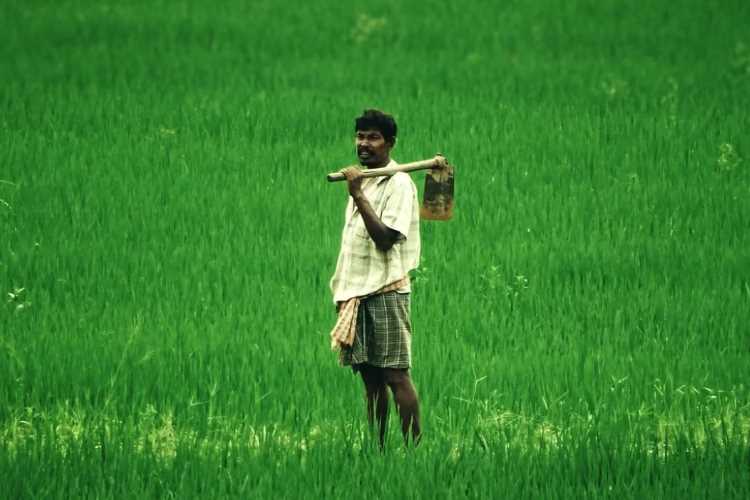
In a televised address to the nation on Gurpurab, Prime Minister Narendra Modi announced that the three farm laws introduced in 2020 will be repealed. Before repealing, there were 11 rounds of talks between the government and farmers unions to arrive at a common ground, but they did not make any headway. The announcement comes exactly a week before the farmers’ protest would have completed one year on November 26 2021. The government will move motions to repeal these laws in the winter session of Parliament.
These three pieces of legislation — The Farmers Produce Trade and Commerce (Promotion and Facilitation) Act, 2020; The Farmers (Empowerment and Protection) Agreement on Price Assurance and Farm Services Act, 2020; and The Essential Commodities (Amendment) Act, 2020 – were brought in with the stated objective of supporting the country’s farmers, especially small and marginal farmers who constitute 86% of all farm holdings.
READ I Gender inclusivity can help armed forces overcome manpower shortage
Farm laws debacle will make govt cautious
The journey of the three farm laws was rather short, starting with promulgation of three ordinances¬ by the President of India on June 5 2020. The ordinances were replaced by the aforesaid Acts in September 2020 and the Supreme Court stayed their implementation on January 12, 2021. Technically speaking, these laws were in force for just 221 days and no scientific study has been undertaken to evaluate its efficacy during the period of implementation. The government failed to convince protesting farmers in Punjab, Haryana, and western UP about the benefits that may accrue to them.
One lesson from the entire farm laws episode is that the governments should be extremely cautious while bringing out radical reforms in agriculture. The question is whether the prime minister’s announcement will end farmers’ protest. Probably not, as some farmer unions have been demanding a statutory guarantee for the minimum support prices (MSP) and are likely to continue their agitation. The government is poised to set up a committee to decide on issues related to the promotion of zero budget natural farming and scientific change in the crop pattern in sync with dynamic needs of the nation and make MSP more effective.
READ I Can Indian economy emulate the Chinese miracle?
There was nothing in the three farm laws that would have led to the dismantling of the MSP regime. In fact, the Centre had assured farmers that MSP regime will continue. However, the farmers demanded the implementation of MSP in all commodities across the country.
Given the low propensity of farmers to take risk, they would have liked to have guaranteed MSP, backed by a legislation. Such demands may become more intense in the wake of the announcement by the PM. From purely economic considerations and WTO imperatives, it will be a recipe for disaster. It will be a challenge of sorts for the government to concede the demand for a statutory guarantee of MSP.
(Dr Ashok Vishandass is Professor (Applied Economics) at Indian Institute of Public Administration and former Chairman, CACP, Ministry of Agriculture & Farmers Welfare. Nitisha Thakwani is a management professional. The views expressed in this article are personal.)
